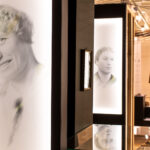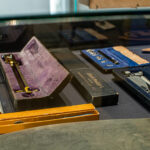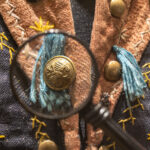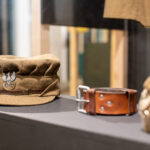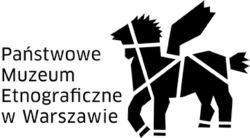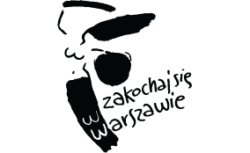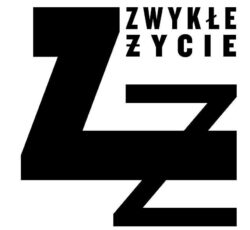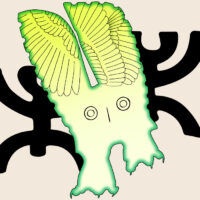Women ethnographers, anthropologists and professors
The first woman to ever be granted a professorial nomination in Poland was an ethnographer. The first woman to ever teach anthropology at Oxford was Polish. The exhibition “Women Ethnographers, Anthropologists and Professors” looks past the history of the discipline to focus on the herstories. It shines a light on the scientific contributions of women at a time when they had just recently won the right to work professionally. The themes, personalities and objects in the exhibition intersect and weave a network of connections. We explore only some of these connections while others remain unseen, though easy enough to deduce.
The protagonists of our exhibition, by and large, came from intelligentsia, academic, and upper class families, though a few were the daughters of farmers and tradesmen. Their passion for learning translated not only into research, education and museum work but also into social and sometimes even political engagement. They conducted field research in places as varied as Peru and Podhale, Siberia and Kashubia, villages in Lesser Poland and Grodno region, Greater Poland and the Mexican state of Chiapas.
The earliest-born women of our exhibition had to study in foreign languages. It was only when Poland regained statehood after World War I that women were granted full voting rights and the right to seek an education at any of the country’s higher learning institutions. The youngest of these women were born when Poland was reborn. All of them worked professionally in a scientific discipline known as ethnography, ethnology, folk studies, and cultural or social anthropology. This multitude of names for the profession result in part precisely from the fact that many studied abroad, and from Poland’s academic connections with various scientific traditions: Anglo-Saxon, French, German, and Soviet. All of these names denote a scholarly discipline that embraces human diversity as the subject of reflection. It is a discipline that stems from a conviction that in order to understand what connects people, we must first understand what makes them unique.
- fot. Przemysław Walczak
- fot. Przemysław Walczak
- fot. Przemysław Walczak
- fot. Przemysław Walczak
- fot. Przemysław Walczak









